Yellen will visit Beijing on July 6-9, it was decided after a discussion between the two countries, China's Ministry of Finance said Monday. The former Fed Chairman is considered a relatively China-friendly US politician.
Yellen's visit comes after Blinken's on June 18-19 and ahead of an expected meeting between Chinese President Xi Jinping and US President Joe Biden. Taiwan issues, the Ukraine war and US chip export bans will continue to be the top agenda items in the coming Xi-Biden dialogues.
Chinese commentators said Washington has unilaterally started a Cold War against China and thus it is unlikely that the US will stop imposing new curbs on China's high-technology sector in the short run.
Zhang Weiwei, a professor of international relations at Fudan University, said on a TV program on June 26 that the Sino-US conflict was caused by the US, which refused to accept the fact that China is rising. Besides, he said, it was a big mistake that the US thought it could stop China from rising.
However, he said, the situation seems to be improving.
Citing the Elizabeth Kuebler-Ross stages of grieving in psychology, Zhang said, after failing to defeat China in the trade and technology wars, the US seems to have passed the first two stages – denial and anger – and is moving on to the third stage, which refers to“partial acceptance and bargaining.” The fourth and fifth stages are known as“depression” and“acceptance.”
He added that China has so far not resumed military talks with the US as it wants to warn the latter that it is not afraid of any military conflicts.
In Beijing, the US Treasury Department said in a statement issued Sunday US time, Yellen will discuss with People's Republic of China officials“the importance for our countries – as the world's two largest economies – to responsibly manage our relationship, communicate directly about areas of concern, and work together to address global challenges.”
Latest stories
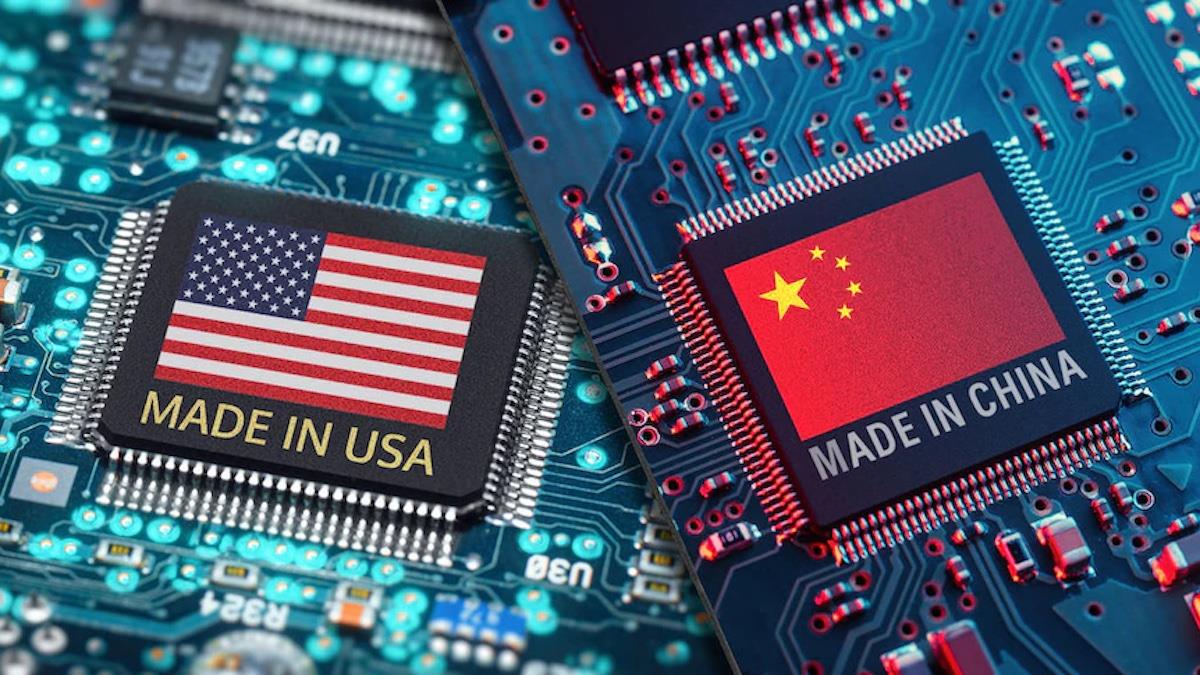
us-china chip war crossfire hitting smaller powers
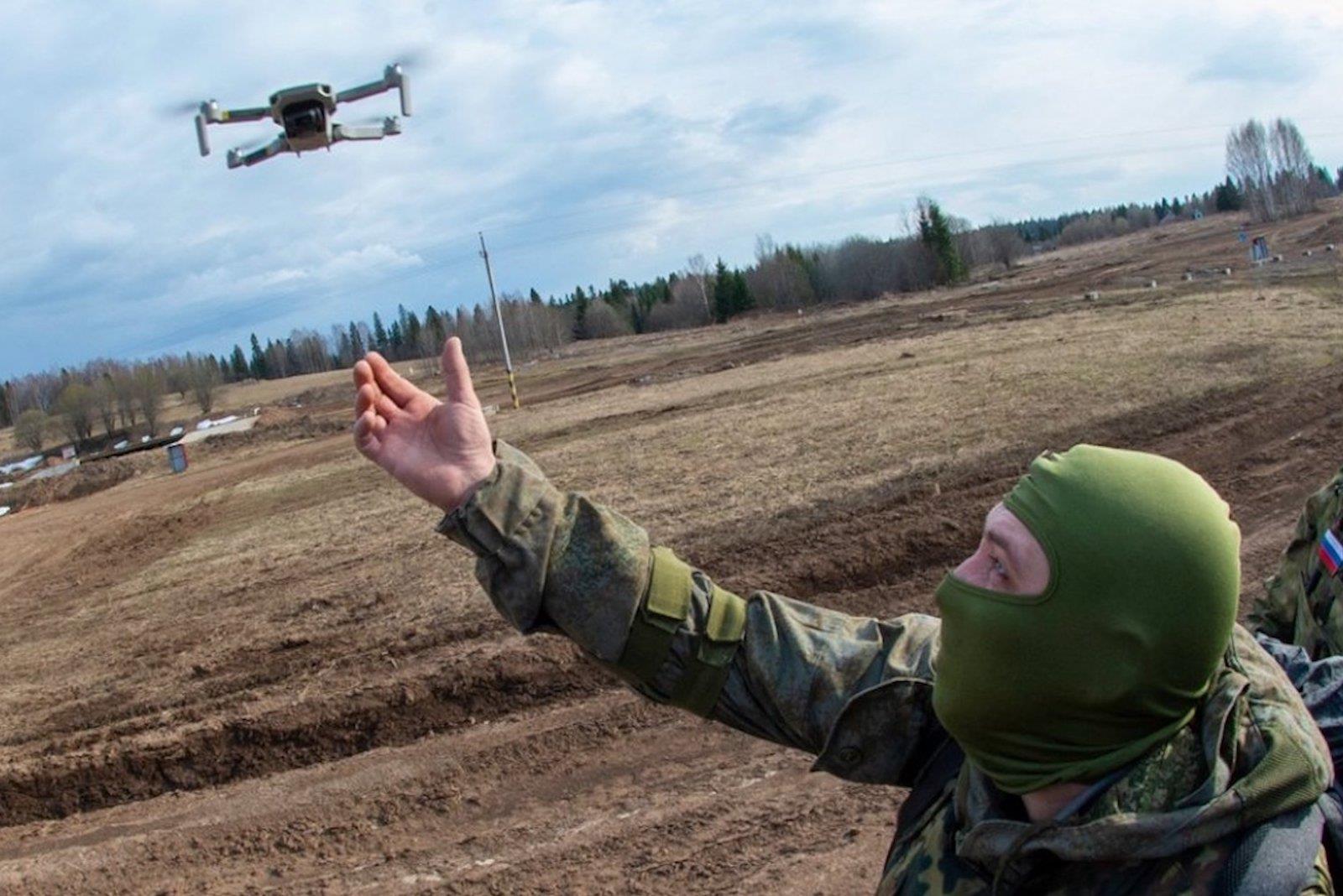
china shipping drones for russia's war effort: report
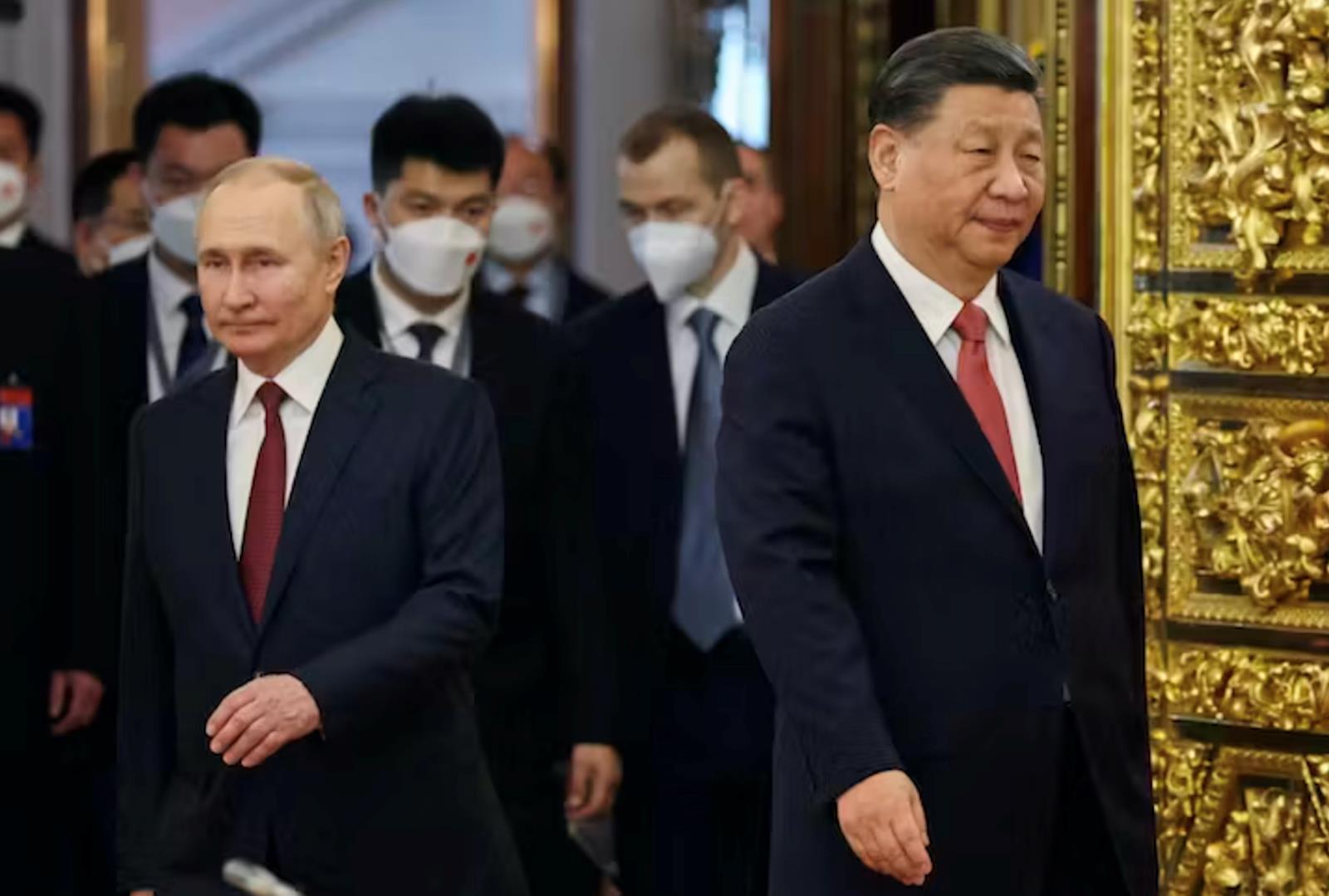
parsing china's response to the wagner rebellion
Citing a speech Yellen gave in April, the Treasury Department said the US will seek to“secure its national security interests along with those of our allies and to protect human rights through targeted actions that are not intended to gain economic advantage.
“We seek a healthy economic relationship with China that fosters mutually beneficial growth and innovation and expands economic opportunity for American workers and businesses,” it said.“We also seek to cooperate on urgent global challenges like climate change and debt distress.”
Some context
There's a distance to go before much if any of that can happen. When Blinken met Xi in Beijing on June 19, he was given a seat opposite that of Chinese diplomat Wang Yi while Xi was sitting in the middle. Chinese pundits said the sitting plan was aimed at showing the world that China was teaching the US a lesson.
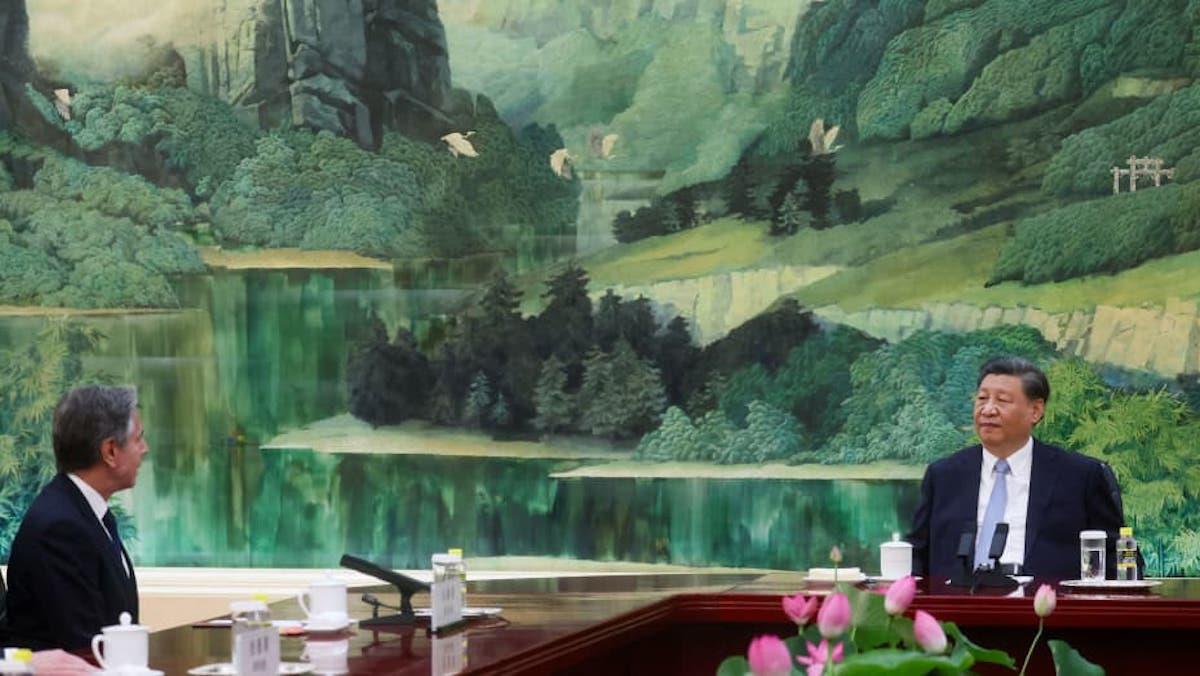
US Secretary of State Antony Blinken meets with China's President Xi Jinping, who occupies the head of the table at the Great Hall of the People in Beijing on June 19, 2023. Leah Mills / Pool
On June 20, Biden shot back , saying during in an event in California that when he ordered the shoot-down of a Chinese balloon over US airspace in early February, Xi did not know it was there. He said it's a“great embarrassment for dictators when they did not know what happened.”
On June 21, China's embassy in the US delivered a formal protest to the White House for Biden's comments.
On June 30, Biden met with China's new Ambassador to the US Xie Feng in the White House. The tone improved slightly.
According to a statement on the Chinese embassy's website, Biden accepted the Letter of Credence of Xie and welcomed the ambassador, who had assumed office on May 23, to his new post. They had a conversation on the Sino-US relationship. The statement showed two pictures, in which Biden has a two-handed handshake with Xie and stands very close to Xie and his wife Wang Dan.
It will take more than that the two countries to put a significant dent into the suspicion and antagonism that prevail in official circles and public opinion on both sides.
“The purpose of Yellen's visit to China may not have considered China's concerns,” Liu Yong, a Hubei-based military columnist, writes in an article published on Monday.“Yellen said she wants to re-establish relations with China. But she is actually saying that the US wants China to compromise and continue to serve American interests.”
“US debt is one of the focuses among China-US economic topics,” he says.“The US has become anxious since China kept disposing of US treasury bonds in recent years. Even if China buys some more, it's far from enough to satisfy the US.”
He adds that it is likely that Washington will use Taiwan issues to pressure Beijing during Yellen's visit.
At the end of last year, China held $867.1 billion of US Treasury bonds, down from $1.12 trillion at the end of 2018. Japan's holding of US Treasury bonds grew from $1.04 trillion to $1.08 trillion for the same period while the United Kingdom's rose from $288 billion to $654.5 billion.
Nine US lawmakers visited Taiwan between June 27 and 29 despite Beijing's strong opposition.
Technology ban
Since US Secretary of Defense Lloyd Austin met with Chinese Defense Minister Wei Feng in Cambodia last November, the two sides have not held official talks again due to growing US-China political tensions. On June 2, Austin shook hands with new Chinese Defense Minister Li Shangfu in the Shangri-La Dialogue in Singapore but they did not have an official meeting.
Liu Pengyu, the spokesman for China's Embassy in Washington, said in a briefing on June 28 that the US must lift sanctions against China if it wants to resume high-level military talks.
On the same day, Blinken said he had told his Chinese counterparts during his Beijing trip that the US will ensure that no American technology is used by China to make hypersonic weapons or abuse human rights.
On June 30, the Dutch government said from September 1, ASML will be required to apply for licenses if it wants to export certain DUV lithography tools. ASML said the ban will affect the exports of its twinscan nxt:1980di , which can make 38-nanometer chips in a single exposure, to China.
“In recent years, the US has continuously generalized the concept of national security, abused export control measures and sacrificed the interests of its allies to coerce and win over other countries to suppress and contain China's semiconductor industry in order to maintain its global hegemony,” an unnamed spokesperson of China's Ministry of Commerce said Saturday.
“Although Blinken promoted Yellen's visit to China, the softening of his attitude was superficial,” Guan Xiansen, a Guangdong-based writer, says in an article published on Sunday.“He tried to whitewash the fact that the US is suppressing and containing China in an all-round way, saying that its sanctions only target the areas that do not conform to the interests of the US.
“Without any evidence, he made conspiracy theory assumptions that China may 'illegally use' certain key technologies. This groundless accusation shows that the US is judging others based on its own experience,” Guan says.
While Chinese commentators remain confident that China will beat the US in the end, the US will soon strengthen its sanctions against China.
US media reported last week that after Yellen's China trip, Washington will ban Nvidia from exporting its artificial intelligence (AI) chips, including A800 and H800, to China – and that at the end of July Biden will sign an executive order to ban US funds from investing in China's high technology sectors.
read: ai chip bans cloud us-china trade talks
Follow Jeff Pao on Twitter at
@jeffpao3
Like this:Like Loading... Related



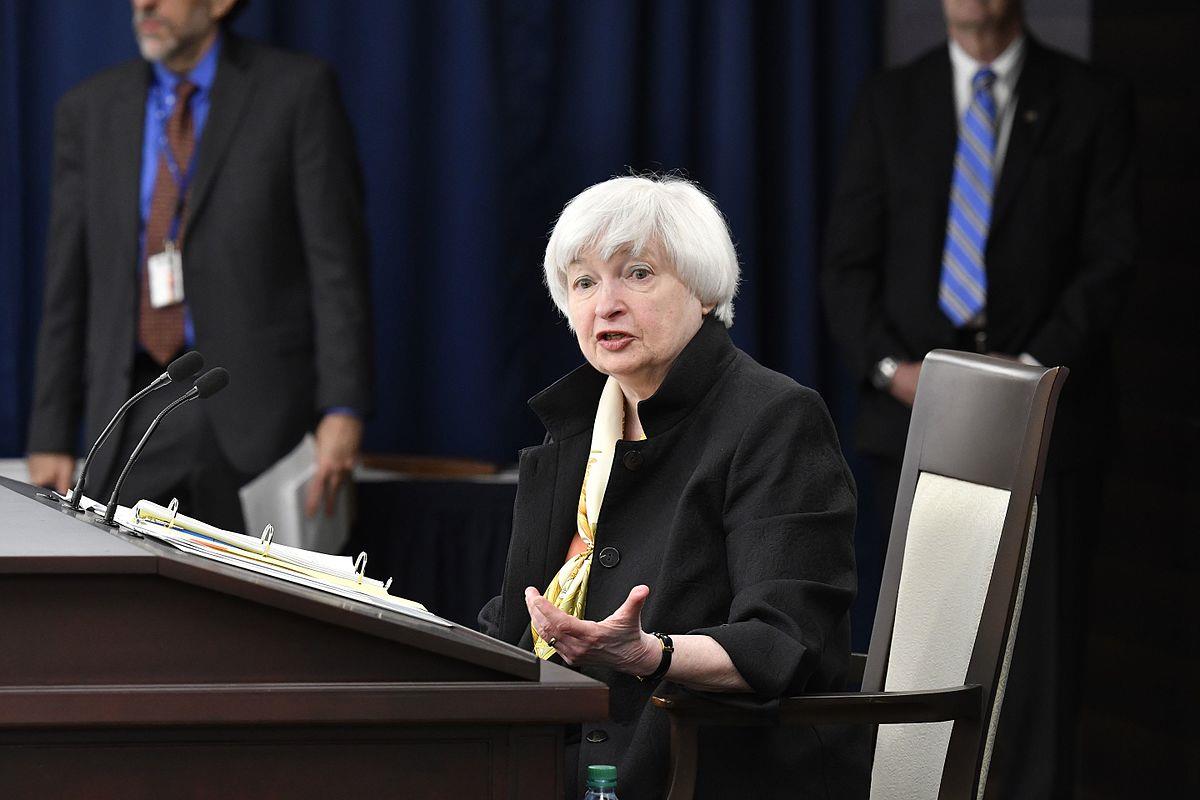




















Comments
No comment